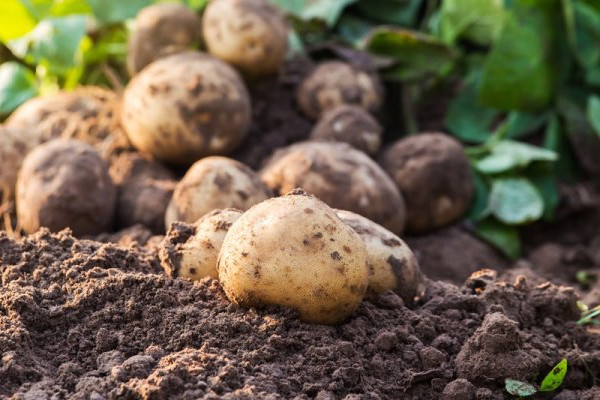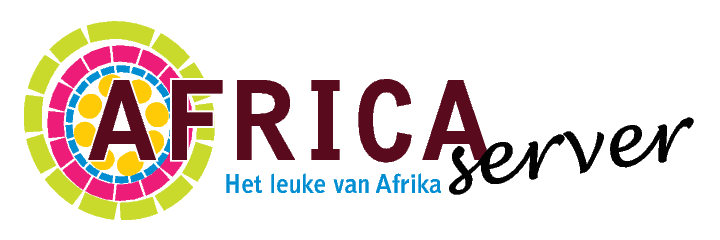Agenda 19 - 25 November 2023
Woensdag 22 November

P hD defence by Travor Murai - Experiences of civil society organizations advocating for the rights of men who have sex with men in Zimbabwe
Woensdag 22 November 2023 15:00 - 17:00
On 22 November 2023, Travor Murai will defend his thesis exploring the operationalization of Human Rights-based Approaches (HRBAs). The thesis uses the case of Civil Society Organizations (CSOs) advocating for the Sexual Rights of Men who have Sex with Men (SR-MSM) in Zimbabwe.
In his thesis he explores how the political context within which donor-funded MSM projects are implemented, global funding rules, conditionalities, dependencies, capacities and constraints internal to CSOs, influence the nature and extent to which the CSOs operationalize HRBAs.
He shows that the Mugabe government mobilized homophobic tropes and tightened sodomy laws as a ploy to promote a homophobic national agenda and set the tone for cultural and religious debates regarding SR-MSM, all in the name of regime self-preservation. This had a significant adverse impact on the potential for HRBA operationalization
Vrijdag 24 November

Promotie - Genotype adaptation of potato, farmer preferences and practices in different environments in Kenya
Vrijdag 24 November 2023 16:00 - 17:30
Promovendus: TK (Thomas) Kwambai. Promotor: prof.dr.ir. PC (Paul) Struik. Externe promotor: Dennis Griffin. Externe copromotor: Monica Gorman, Moses Nyongesa
Potato is the second most important food security crop in Kenya after maize. However, its production and productivity is hampered by improper crop management, limited access to quality seed, low adoption of released varieties, diseases and unclear adaptation and tuber physiological characteristics. The aim was to understand farmers’ agronomic practices, seed use, variety preferences, adaptation and tuber physiological characteristics for enhanced potato production. The results revealed 84% potato grown mainly for cash, low yields, improper use of inputs, inadequate technical knowledge among farmers, over dependance on farmer saved seed than certified seed. Besides yield, market demand was a key factor for variety choice. Plant height, canopy cover and late blight disease resistance were potential traits that drive adaptation of varieties to growing environments. These traits with farmer and market preferences, and appropriate dormancy breaking and sprouting behaviour could provide good basis for breeding and recommendation of varieties for Kenyan conditions.



